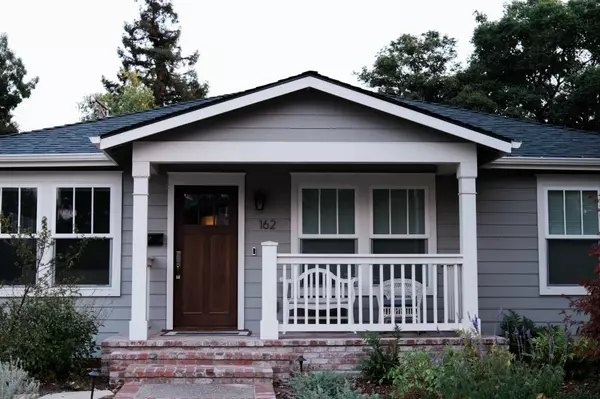What is the seller's timeline?


Selling a home is a significant decision that involves careful planning and execution. Understanding the seller's timeline can help streamline the process and ensure a successful sale. In this blog, we will explore the various stages of selling a property, from initial preparations to closing the deal, while also considering the latest real estate news and market updates.
Preparing to Sell
Before you even list your home, it’s crucial to prepare it for potential buyers. This stage typically begins with a thorough assessment of your property. Many sellers choose to make improvements or repairs to enhance their home's appeal. These upgrades can vary from fresh paint and landscaping to more substantial renovations like kitchen or bathroom remodels.
Once you’ve made the necessary improvements, it’s time for a professional appraisal or comparative market analysis (CMA). This step helps determine an appropriate listing price based on current market conditions and comparable homes in your area. Pricing your home correctly is essential; too high may scare off buyers, while too low could leave money on the table.
Listing Your Home
After preparing your home and setting a competitive price, you can officially list your property. The duration of this phase can vary depending on market conditions but generally lasts around 1-2 weeks. During this time, many sellers enlist the help of a real estate agent who will market the home through various channels, including online listings, open houses, and social media.
In today’s digital age, effective marketing is crucial. With most buyers starting their search online, high-quality photos and engaging descriptions are vital in attracting interest. Additionally, having a well-thought-out listing strategy can significantly impact how quickly your home sells.
Showings and Offers
Once your home is listed, potential buyers will begin scheduling showings. This phase can last anywhere from a few days to several weeks, depending on demand in your area. During showings, it's essential to keep your home clean and inviting; first impressions matter!
As offers start coming in, you may find yourself negotiating terms with interested buyers. This includes not just the price but also contingencies such as inspection periods and financing options. If multiple offers come in a common scenario in hot markets you’ll need to evaluate each one carefully.
Inspections and Addendums
Once you accept an offer, the buyer will typically schedule a home inspection within 7-10 days. This inspection is crucial as it allows buyers to identify any potential issues with the property before finalizing their purchase. Depending on what the inspection reveals, negotiations may arise regarding repairs or credits.
If any issues are found during the inspection process that require addressing such as plumbing problems or electrical issues you may need to draft addendums to the original purchase agreement outlining how these issues will be handled. This negotiation phase can add another week or two to your timeline.
Closing Process
After inspections are completed and any necessary negotiations have taken place, you’ll move towards closing the final step in selling your home. The closing process typically takes around 30-45 days from acceptance of an offer but can vary based on local laws and lender requirements.
During this period, both parties will work with title companies and lenders to finalize paperwork and ensure all legalities are addressed. It’s also when buyers conduct their final walkthrough of the property to confirm its condition before taking ownership.
Market Updates Impacting Sellers
Understanding current real estate trends is essential for sellers looking to navigate their timelines effectively. As of late 2023, many markets have seen fluctuations due to rising interest rates and economic factors influencing buyer behavior. Keeping abreast of these changes can help sellers adjust their strategies accordingly.
For instance, if homes are sitting longer on the market due to increased inventory levels or fewer buyers due to higher mortgage rates, sellers might need to be more flexible with pricing or consider staging their homes more effectively for showings.
Additionally, staying informed about local regulations such as zoning laws or changes in property taxes can significantly impact how quickly you sell your home and at what price point.
Conclusion
Selling a home involves several steps that require careful consideration and planning. By understanding each phase of the seller's timeline from preparation through closing by you can better navigate this complex process while maximizing your chances for success in today’s ever changing real estate market.
Whether you're looking at making minor updates before listing or grappling with negotiations post-inspection, being informed about every aspect of selling will empower you as a seller in today's competitive landscape. Remember that working closely with experienced real estate professionals can provide valuable insights into market conditions that affect your timeline directly and ultimately lead you toward achieving your goals in selling your home efficiently.
Categories
Recent Posts











"Molly's job is to find and attract mastery-based agents to the office, protect the culture, and make sure everyone is happy! "
